Tokenization in Croatia: Fractional Real Estate Investments Arrive
Today we’re heading to Croatia — a land of sparkling Adriatic seas, historic cities, and fast-growing property values. In this article, we’ll look at how tokenization is beginning to take root here, and what it means for the future of real estate investment.
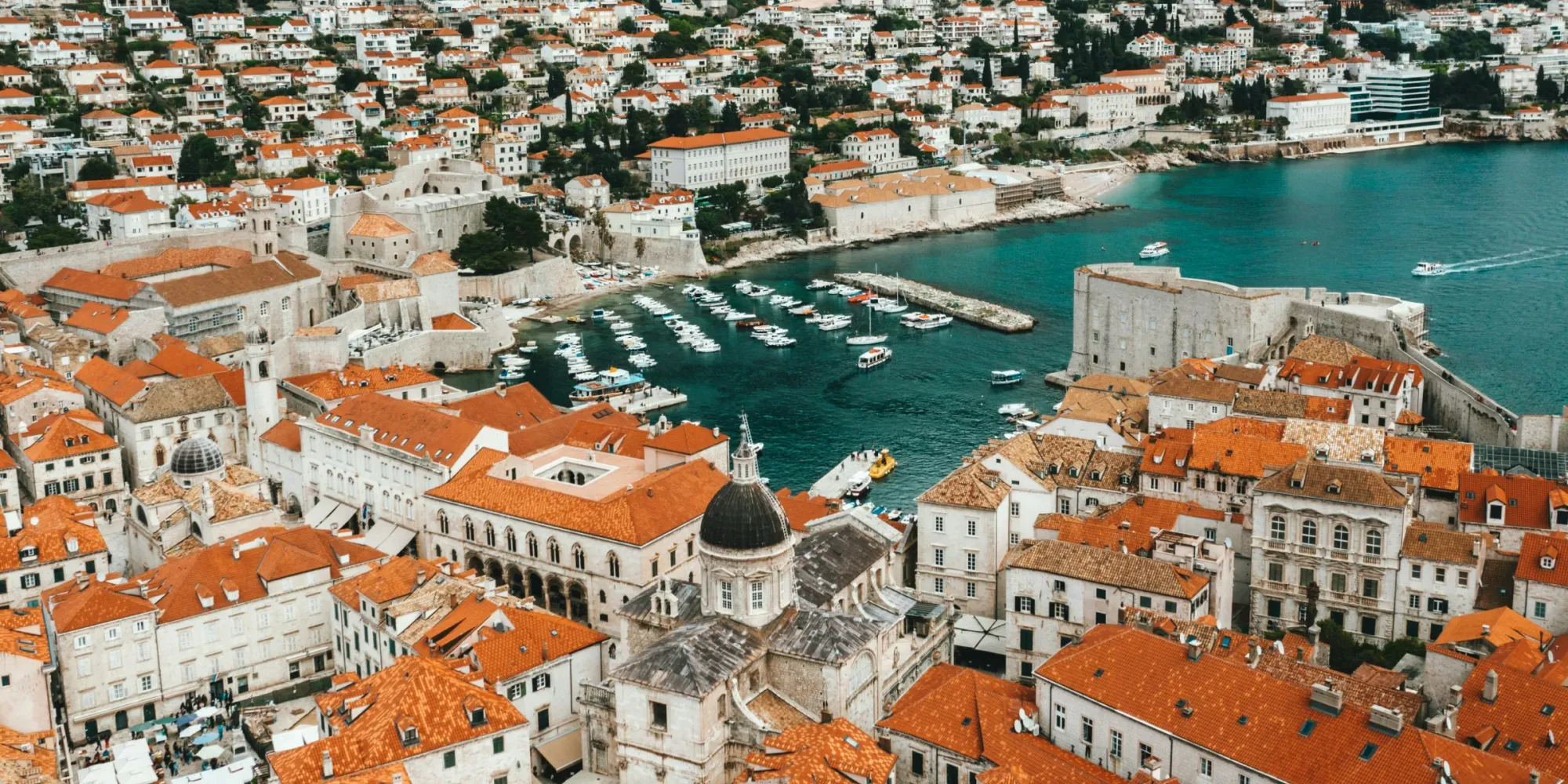
Croatia – a country of sparkling Adriatic seas, historic cities, and rapidly rising property values – is beginning to explore a new digital twist in real estate: tokenization. This concept may sound technical, but it simply means turning the value of physical property into many small digital tokens on a blockchain. In practice, tokenization lets a large asset like a house or apartment be split into tiny shares that people can buy and trade. Imagine investing in a slice of a luxury seafront villa with just pocket change – it’s not science fiction, but the promise of tokenized real estate. In this article, we’ll see how tokenization is emerging in Croatia, what early projects are underway, how laws handle it, and why it matters for investors and property owners alike.
Why Talk About Tokenization in Croatia?
Croatia’s property market has been on a remarkable upswing. In early 2023, while most of Europe saw real estate prices cooling or even dropping, prices in Croatia surged – rising about 4.7% in one quarter even as other EU countries fell on average. In the capital Zagreb, house prices jumped over 20% year-on-year. Several factors drive this growth. First, Croatia is a hugely popular tourist destination – over 20 million visitors each year flock to its stunning coast and historic towns, fueling demand for vacation rentals and homes. Second, Croatia joined the Schengen zone and adopted the Euro currency, which opened doors for foreign investors and retirees to enter the market more easily. Properties here are still cheaper than in many Western European countries, attracting international buyers looking for sunny, affordable real estate.
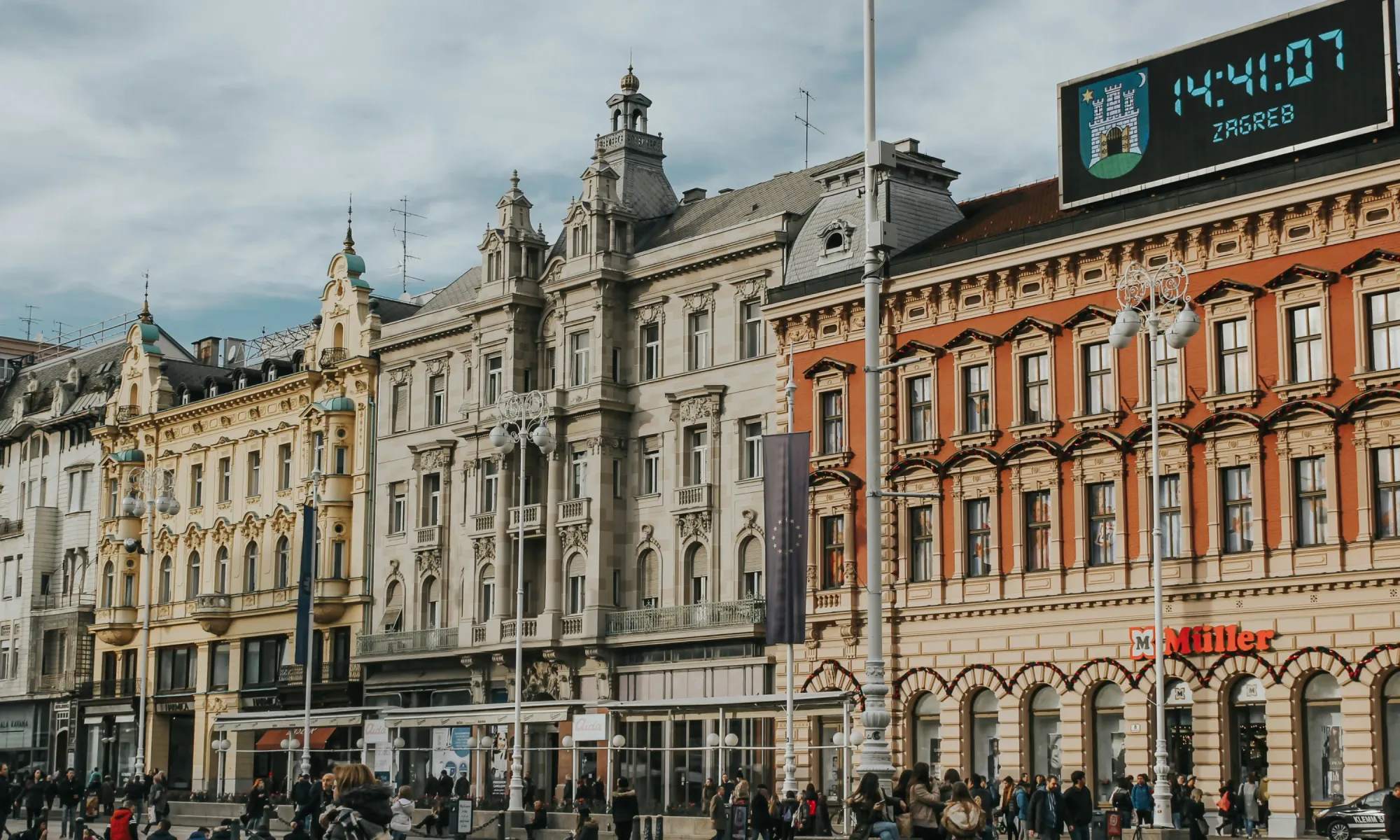
In short, Croatia’s booming real estate scene is drawing in global interest. Tokenization offers a way to tap into this growth in a new way. By splitting property into digital shares, local developers could raise money from many small investors, and ordinary people (including Croatians abroad or foreigners) could buy fractional stakes in Croatian property without needing hundreds of thousands of euros. The idea is to make investing in “a piece of Croatia” more accessible. The potential is clear: one blockchain executive said they chose to launch projects in Croatia because they see “great potential for the development of blockchain technology” in the country. And globally, real estate token markets are expanding fast – the number of property tokens traded more than doubled (up 107%) in 2021. With strong property demand and growing digital innovation, Croatia could be fertile ground for this trend.
Legal and Tech Foundations in Croatia
For tokenization to take root, a country needs certain legal and digital foundations in place. Croatia has modern land registries and property laws comparable to other EU nations. Buying and registering real estate in Croatia is a straightforward process, with official records kept in a national land register. However, there is no special law in Croatia for tokenized assets yet. Instead, Croatia follows broader European Union rules. In the EU, if a token represents a share of real estate value or income, it’s generally treated as a security, just like a stock or bond. The EU’s new crypto-assets framework (MiCA, effective 2024) specifically excludes tokens that look like securities, meaning such real estate tokens must obey regular securities laws (transparency, investor protection, etc.). In other words, Croatia applies the “same activity, same risk, same rules” principle – a tokenized property investment will be regulated just as any traditional real estate investment contract would be.
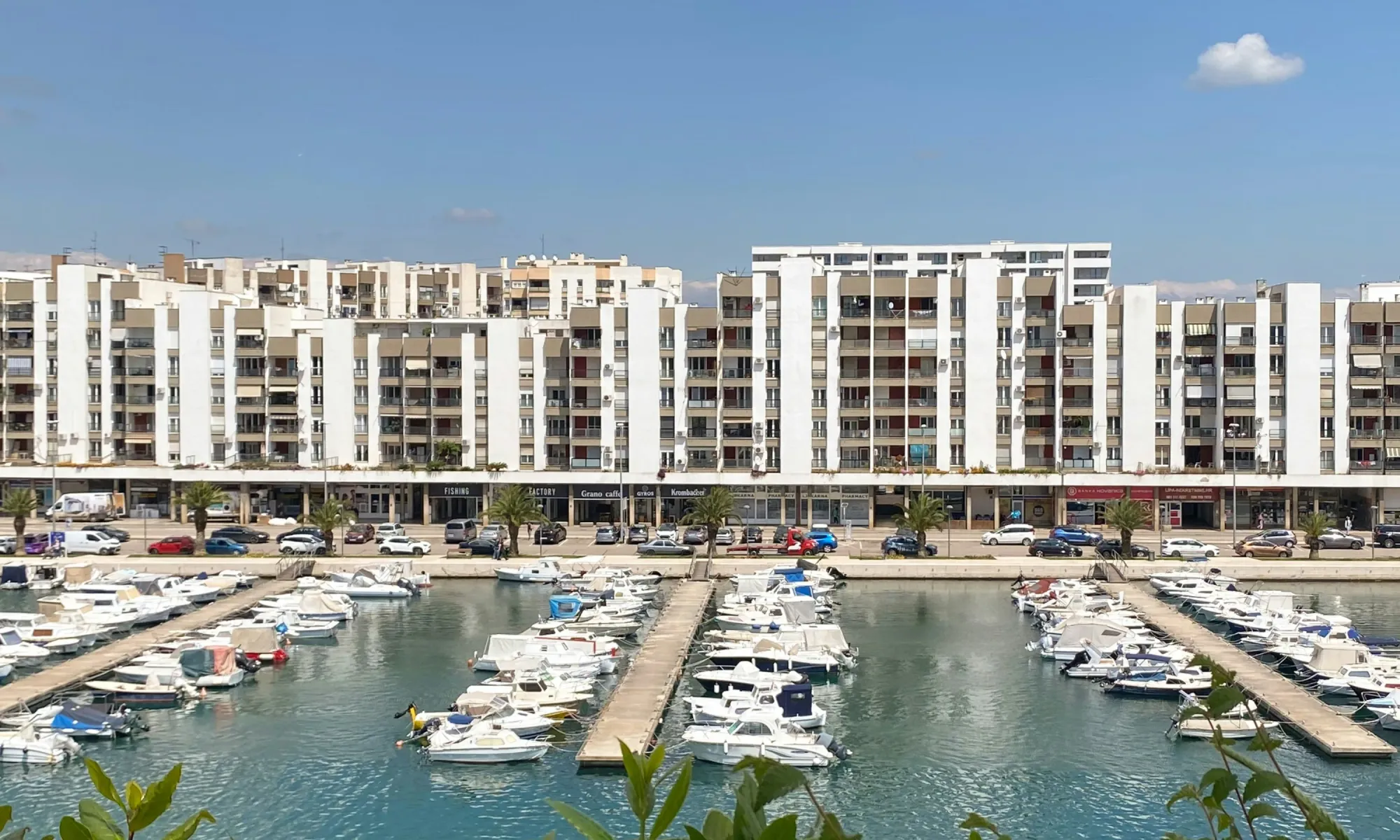
This has two implications. First, any company issuing real estate tokens in Croatia must comply with financial regulations and investor safeguards (for example, preparing prospectuses or offering documents if selling to the public, and verifying investor identity under KYC/AML rules). Second, under Croatian law you cannot directly tie a token to a land title – you cannot have a token that by itself is the legal deed to a house. Instead, tokens are typically linked to real estate through a legal entity or contract. For example, a property might be placed in a limited company or trust, and the digital tokens represent shares in that company (which in turn owns the property). This structure ensures that existing property and contract laws are respected. As experts note, while ownership rights can’t be embedded literally inside a token, clever legal setups can connect tokens to economic rights in the property (like rental income or a share of sale proceeds). The end result is that token holders are entitled to real benefits of the property, even if the token isn’t the direct deed.
On the technology side, Croatia has been gradually warming up to blockchain and crypto innovation. Cryptocurrencies like Bitcoin and Ethereum are legal to own and trade in Croatia, though they are not legal tender. The government has put in place clear rules to prevent abuse: all crypto exchanges and service providers must register with the financial regulator (HANFA) and follow anti-money-laundering rules. In fact, as of 2023 Croatia imposes a 12% tax on crypto profits when converting to fiat currency. These steps show that authorities are open to new financial tech but insist on compliance and transparency. The country is aligning with EU standards and preparing for MiCA regulations by 2026. There’s even support for innovation through things like a blockchain startup incubator in the city of Split and discussions about a state-backed digital asset custody solution. All this means the infrastructure for digital finance is being put in place, making it easier for tokenization projects to operate legally and securely.
First Steps: Tokenizing Croatian Real Estate
Tokenization in Croatia is still in early days, but a few pioneering projects have already tested the waters. One of the first headline-grabbing initiatives came in 2020 when a tech firm announced plans to tokenize €30 million worth of Croatian coastal real estate. In this project, a no-code platform called Katalyo teamed up with the Telos blockchain to create tokens for several seaside properties. The idea was to issue two kinds of tokens for each participating property: one token representing ownership of the real estate, and a second token tied to rental income (a stablecoin that pays out dividends from rent).

By holding both tokens, an investor would effectively own a fractional piece of the property and receive a share of its rental earnings. The Telos network was chosen for its speed and zero fees, which are useful features when managing potentially thousands of small transactions. As Telos’s chief architect put it at the time, “We are at the dawn of tokenization revolutionizing the real estate industry,” expecting an “explosion of new tokenized projects.” Katalyo’s co-founder likewise praised the blockchain as “extremely well-suited for tokenizing real estate” and welcomed investors to the Croatian market through this digital route. This marked a bold proof-of-concept: even a holiday villa on the Dalmatian coast could be divided into tokens and sold worldwide, with all compliance (KYC checks, smart-contract trading, etc.) handled on one platform.
Another milestone arrived in 2022, moving from pilot to practical implementation. In May 2022, a Croatian–Singaporean fintech company launched a service enabling real estate financing through NFT tokens in Croatia. They signed contracts for two development projects – one in Zagreb, the capital, and one on the Adriatic coast – to be funded via token sales. This essentially opened the door for Croatian investors (and eventually anyone globally) to invest in property through NFTs (non-fungible tokens) linked to real estate assets. Each token can be bought with cryptocurrency and kept in a digital wallet, representing a share of the project.

The CEO of the company (Global Digital Exchange) noted that they chose Croatia due to its potential in IT and blockchain and invited people worldwide to participate, to “make the trade as lively as possible.” It’s an example of how even local housing projects can turn to global crypto markets for funding. By wrapping a property investment in an NFT or security token, the project can attract many small backers instead of relying on one big bank loan. This launch also underscored the demand: according to industry data cited at the time, real estate was dominating the security token sector – around 89% of all security token transactions were in real estate, and the number of real estate tokens actively traded had jumped sharply year-on-year. Clearly, investors see value in tokenized property, and Croatia’s first NFT-backed real estate deals rode that wave.
Beyond home-grown projects, international platforms are including Croatia in their tokenized real estate offerings. For instance, Finexity – a German blockchain investment platform – has expanded its operations across Europe and now includes Croatia among the markets where investors can participate. Finexity uses blockchain technology to digitize property assets and lower the barrier to entry for investors. Through such platforms, someone living in Germany or Singapore could buy a tokenized share of, say, an apartment in Split or a shopping space in Zagreb. This shows how Croatia is plugging into a broader ecosystem of global real estate tokenization. The same platform that sells fractional property investments in London or Dubai can also host Croatian opportunities, funneling international capital into the country’s real estate. Effectively, borders matter less – a token offering in Croatia can reach investors worldwide online, as long as it complies with the relevant regulations. This trend may grow as more platforms and local property companies partner up. We may soon see Croatian developers listing projects on well-known token marketplaces, alongside other European projects.
Why Tokenization Matters for Croatia
For Croatia, tokenization is not about hyping a trendy technology – it’s about solving real, practical issues in the property market and opening new opportunities. One major benefit is broader access to investment. Traditionally, investing in Croatian real estate (especially the high-demand coastal areas) required substantial money upfront to buy an entire property. Now, through tokenization, even a student or a small saver could invest €100 or €1000 and get exposure to the property market. This fractional ownership means locals who have been priced out of booming housing markets might still participate by buying tokens. It also means the Croatian diaspora – many thousands of Croatians living in countries like Germany, the US, Australia – can easily put a bit of money into property back home, helping them stay connected financially. In a way, tokenization can democratize real estate investment, allowing more people to reap the benefits of Croatia’s growth.
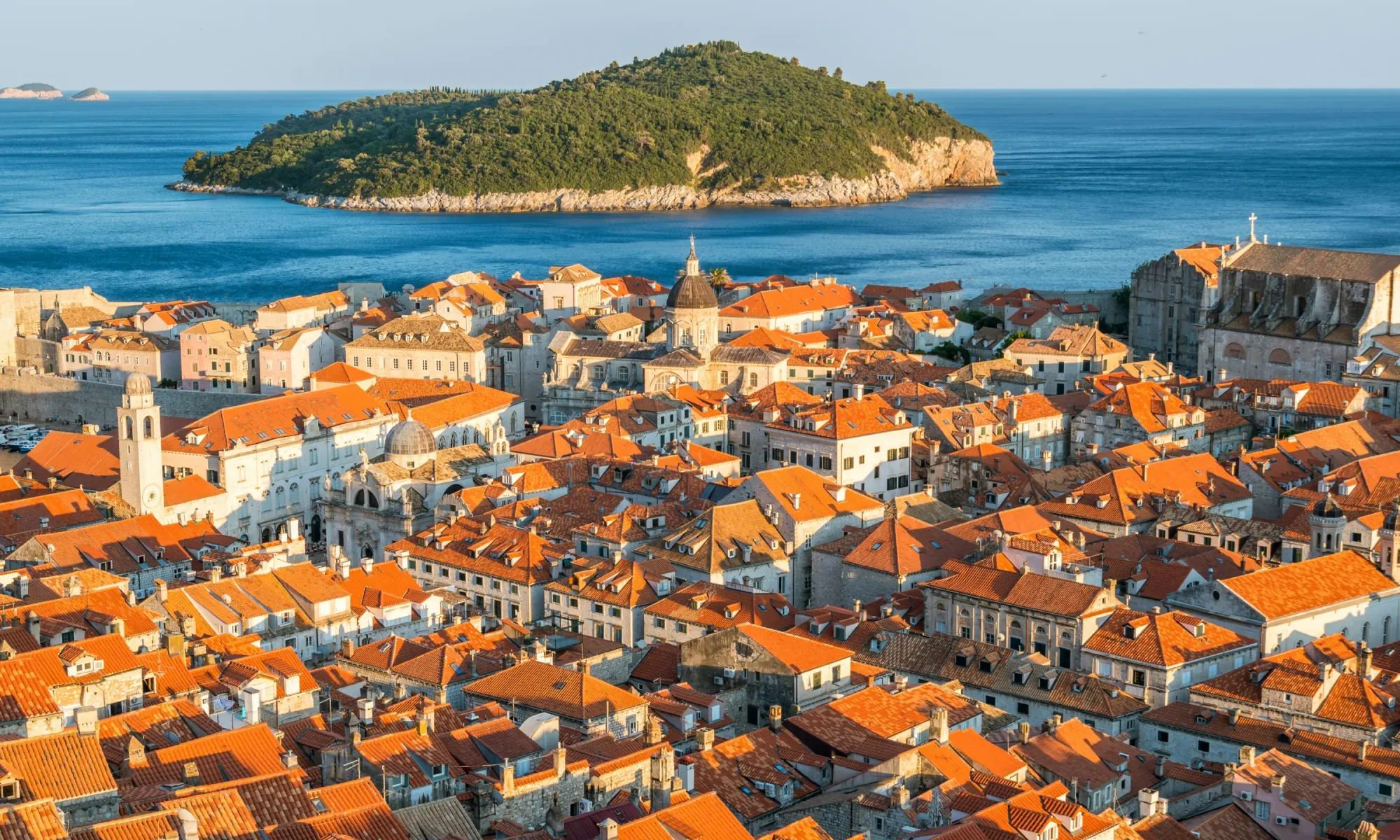
From the perspective of developers and the economy, tokenization can bring in fresh capital and boost development. Small and mid-sized property developers often struggle with funding; they rely on bank loans or a few wealthy investors. Tokenization gives them a new avenue: they can raise funds from a large number of micro-investors via a compliant token offering. This can overcome liquidity challenges and get projects off the ground faster. For example, if there is a plan to renovate a historic hotel in Dubrovnik or build a new apartment block in Zagreb, the developer could issue tokens tied to shares or revenue of the project. Investors worldwide might be interested, especially if they believe Croatia’s tourism and real estate values will keep rising. By selling tokens, the developer gets needed cash, and investors get a chance at returns (rental income, property appreciation) that were previously hard to access without buying whole properties. It’s a win-win for capital flow: projects that might not attract a single big investor could instead attract hundreds of small ones.
Another advantage is speed and efficiency. Real estate transactions in the traditional sense are slow – involving paperwork, notaries, bank transfers, and weeks of waiting. Tokenized transactions, by contrast, can be near-instant and paperless. If a token is legally structured as a security, it can potentially be traded on regulated digital exchanges in the future. This means an investor who owns tokens of a Croatian real estate fund could resell them easily to someone else, rather than the cumbersome process of selling a physical property share. Such liquidity is a game-changer for the real estate asset class, which is known for tying up capital for long periods. While secondary markets for security tokens are still nascent, the vision is that owning a bit of a building could become as simple as owning stocks, with the ability to cash out by selling tokens whenever there’s buyer interest. This flexibility can draw more investors to real estate, knowing they are not locked in indefinitely. It could also reduce costs (fewer middlemen and less bureaucracy) and increase transparency – since every token trade can be recorded on an immutable blockchain ledger, providing a clear trail of ownership.

Finally, tokenization aligns well with Croatia’s strategic goals of modernizing its economy and integrating with global markets. The country has already embraced digital banking and fintech in many areas. By cautiously supporting blockchain ventures (with oversight by agencies like HANFA and the central bank), Croatia signals that it wants to be part of the financial technology revolution. In the broader region, we see similar moves: for example, Kazakhstan opened a regulatory sandbox in 2025 specifically to pilot property token projects, and Dubai’s government launched a platform to tokenize a share of its real estate market. Croatia is not yet at that level of official involvement, but being in the EU means it can learn from and adopt best practices quickly. As global standards for tokenized assets firm up, Croatia can attract reputable platforms to operate under its laws. This could position the country as a regional leader in alternative real estate financing, complementing its reputation as a tourist paradise with that of an investment innovation hub.
Challenges and Future Outlook
While the prospects are exciting, it’s important to remember that tokenization in Croatia is still very new. There are significant challenges to overcome. One is awareness and education: many investors and property owners simply don’t know what tokenization is or how it works. Convincing a traditional developer or an average Croatian homeowner to tokenize their property will take demonstrations of success and clear legal guidance. People need to feel confident that buying a digital token is secure and that it truly represents something of value. Building this trust will require time, clear cases, and likely some government or big financial institution endorsements down the line.
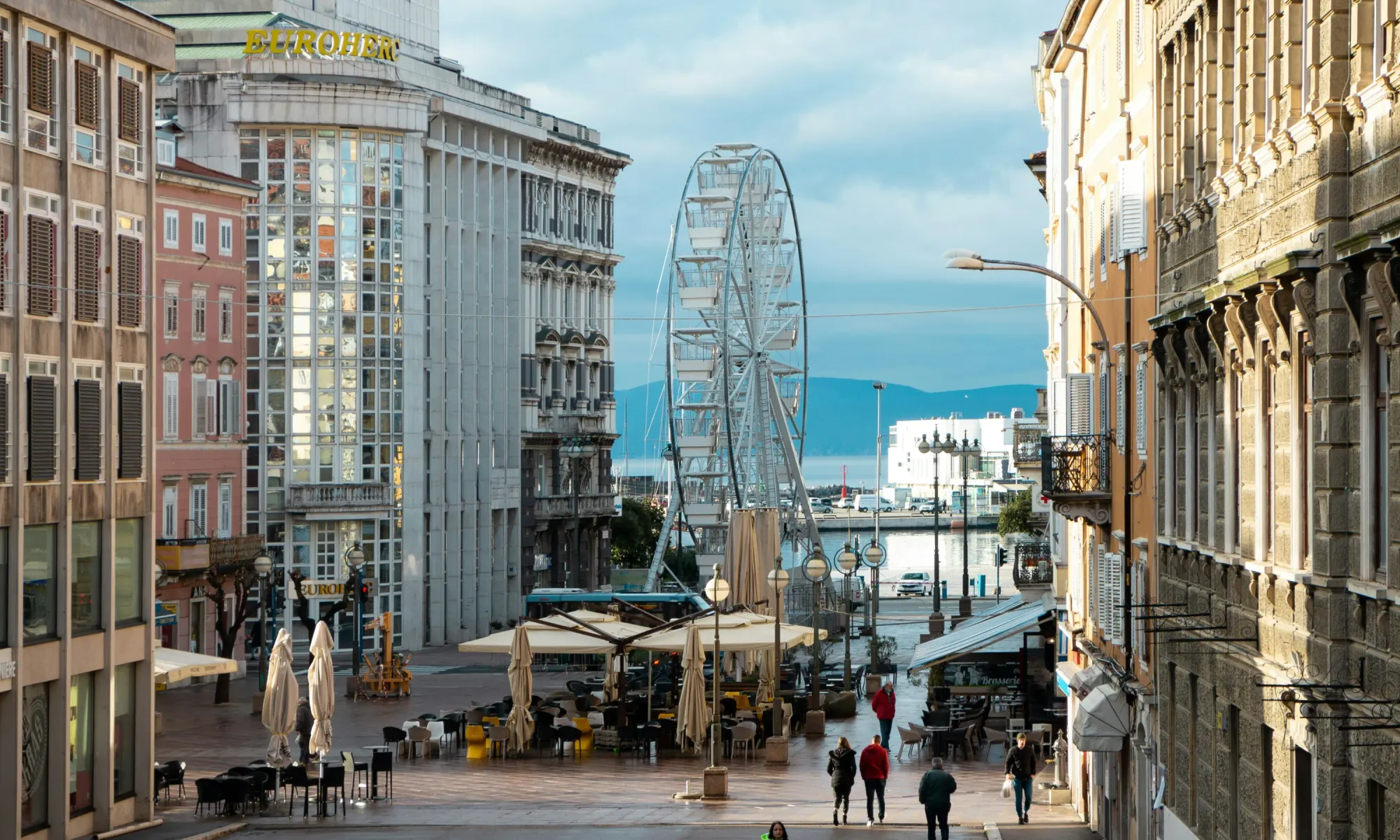
Regulation, while clearer than in the past, is still evolving. Croatia will implement the EU’s MiCA regulations fully by 2025–2026, which will bring uniform rules to crypto-assets across Europe. Until then, token issuers must navigate a patchwork of existing laws. They might need to work with legal advisors to ensure any public token sale has the right approvals (or falls under exemptions). If not done properly, a token offering could be deemed an unregistered security offering, which would be a legal violation. Thus, compliance costs and complexity can be a hurdle, especially for smaller startups. However, these hurdles are being addressed as new frameworks emerge. Europe’s approach is increasingly clear: treat tokenized real estate just like any securities offering, which, while cumbersome, is at least a known path. As one analysis noted, most jurisdictions classify real estate tokens as securities, and the motto is “same activity, same risk, same rules”. The good news is that this clarity is improving; the challenge is mainly administrative work to follow the rules.
Another challenge is market liquidity and scale. Today, if you wanted to sell tokens representing a share of a Croatian apartment, there might not be a large secondary marketplace yet. Early token holders might find themselves waiting for platforms to develop or for more buyers to come. This could improve as tokenization gains popularity – in larger markets like the US or Middle East, we already see official trading platforms and even government backing (for example, Saudi Arabia’s government just launched a pilot allowing citizens to invest in a luxury Riyadh tower for as little as 1 riyal – about $0.25 – via tokenized shares). Those kinds of initiatives will likely spread and create a network effect, improving liquidity everywhere. Croatia could benefit from these global trends, but it will need to participate actively – perhaps by establishing a local sandbox or encouraging its stock exchanges or fintech firms to facilitate token trading. It’s encouraging that institutional players are starting to join tokenization efforts globally, as seen when a major European fund (APS) bought €3 million of tokenized real estate bonds in Italy alongside retail investors. This blend of big and small investors in token markets adds credibility and volume, which will eventually reach emerging markets like Croatia.

Looking ahead, the outlook for tokenization in Croatia is cautiously optimistic. The country has the right ingredients: strong real estate demand, a tech-aware population (Croatia gave the world innovators in fields like infosecurity and blockchain gaming), and an EU-compliant regulatory environment. If early tokenized projects such as the coastal property tokens or Zagreb NFTs produce good results – for example, if they successfully raise funds and deliver returns to token holders – they will serve as proof of concept. Success stories will likely spur copycats and larger ventures. We might see specialized real estate token funds focusing on Croatian tourism properties, or even government-supported tokenization for public-private projects (imagine tokens to finance a new marina or a cultural heritage restoration, allowing citizens to invest and benefit).
Global forecasts predict explosive growth in real-world asset tokens over the next decade. A recent analysis by Ripple (a major blockchain firm) projects that tokenized real estate worldwide could reach a market size of $3.7 trillion by 2033. If that comes true, even a small slice of that in Croatia would represent many billions of euros in investment. Of course, forecasts can be wrong, and such growth will depend on proper regulations and investor appetite. But the trend is clear: real estate is being turned into digital shares across the globe, from New York to Riyadh to Singapore. Croatia, with its attractive assets, does not want to be left behind.
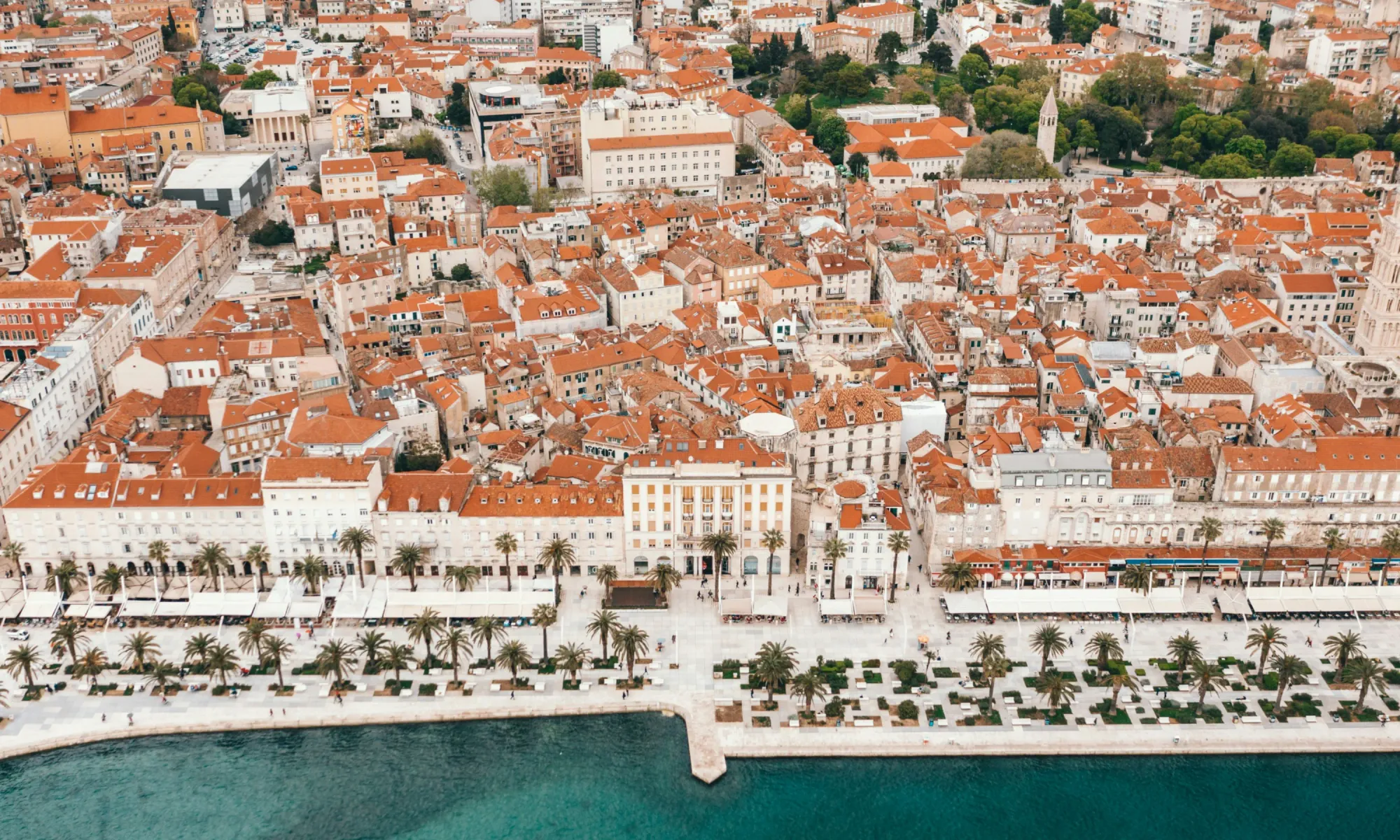
In conclusion, tokenization in Croatia is emerging as an innovative way to invest in property, bridging local real estate with global investors through blockchain. The journey is just beginning – with a few pioneering projects demonstrating what’s possible and the legal framework catching up to this new reality. Challenges like regulatory compliance, market liquidity, and public awareness will need to be navigated. Yet the potential rewards – more accessible investment, increased capital inflows, and a modernized real estate market – are compelling. Much like Croatia’s transformation into a hotspot for tourists over the past decades, the next few years could see it become a hotspot for tokenized real estate investment. If done carefully and transparently, tokenization might very well reshape how people buy property in Croatia, turning the dream of owning a piece of its beautiful coast or vibrant cities into a reality for many more investors than ever before.

